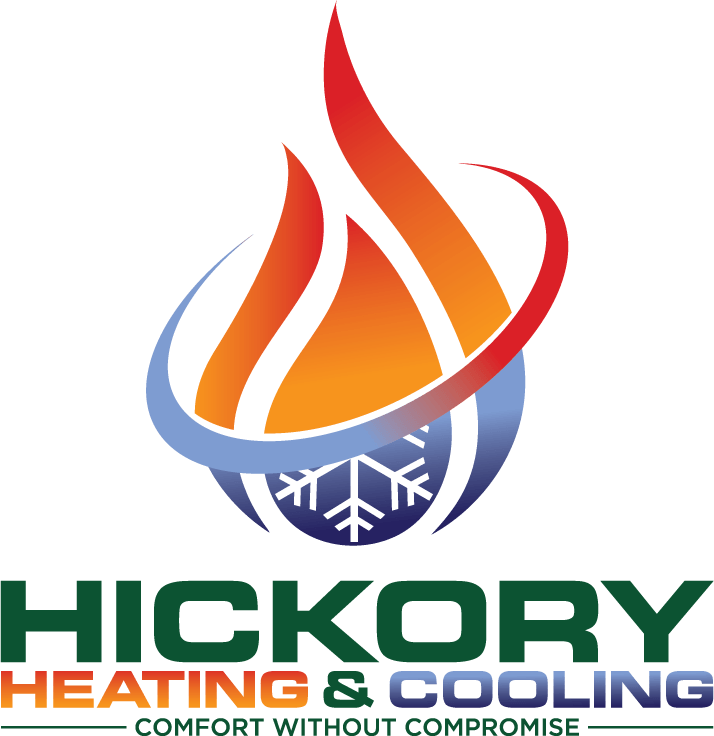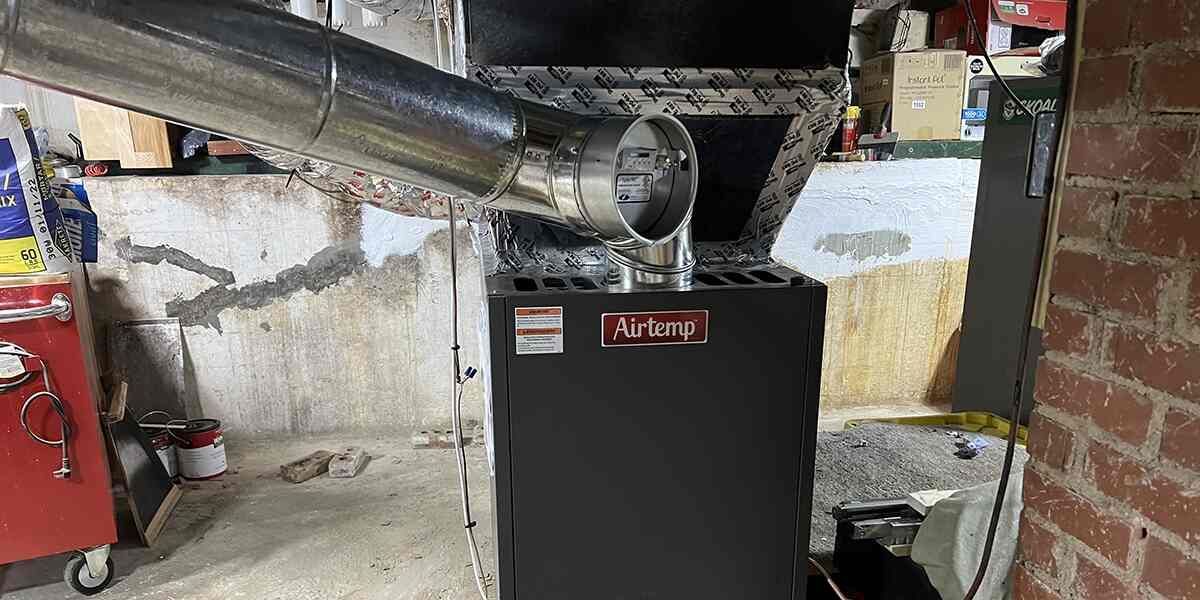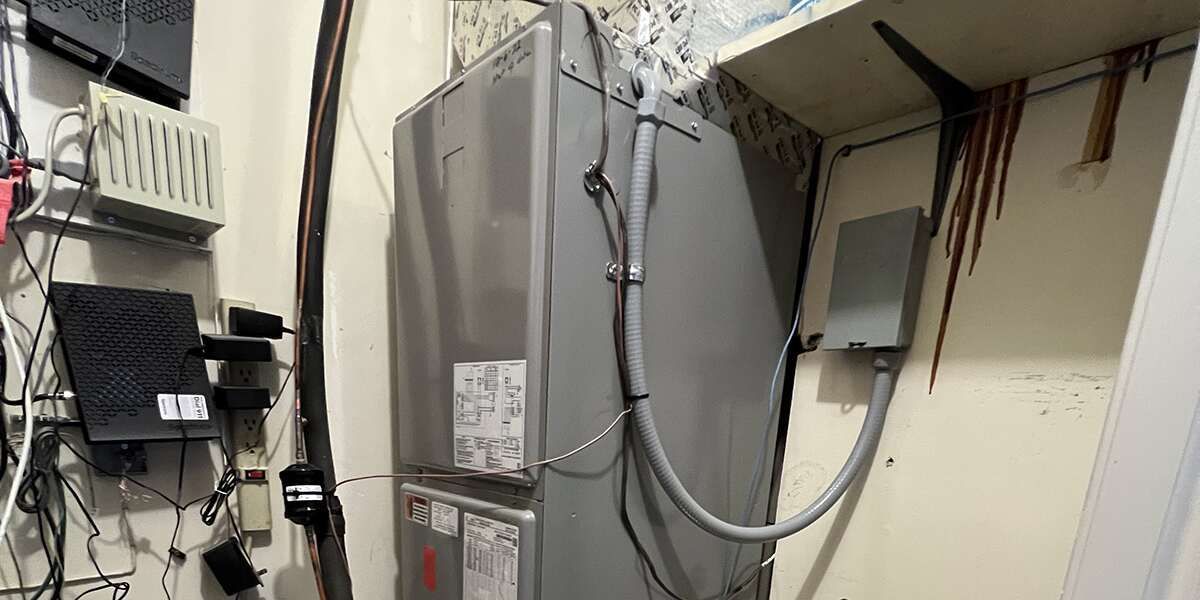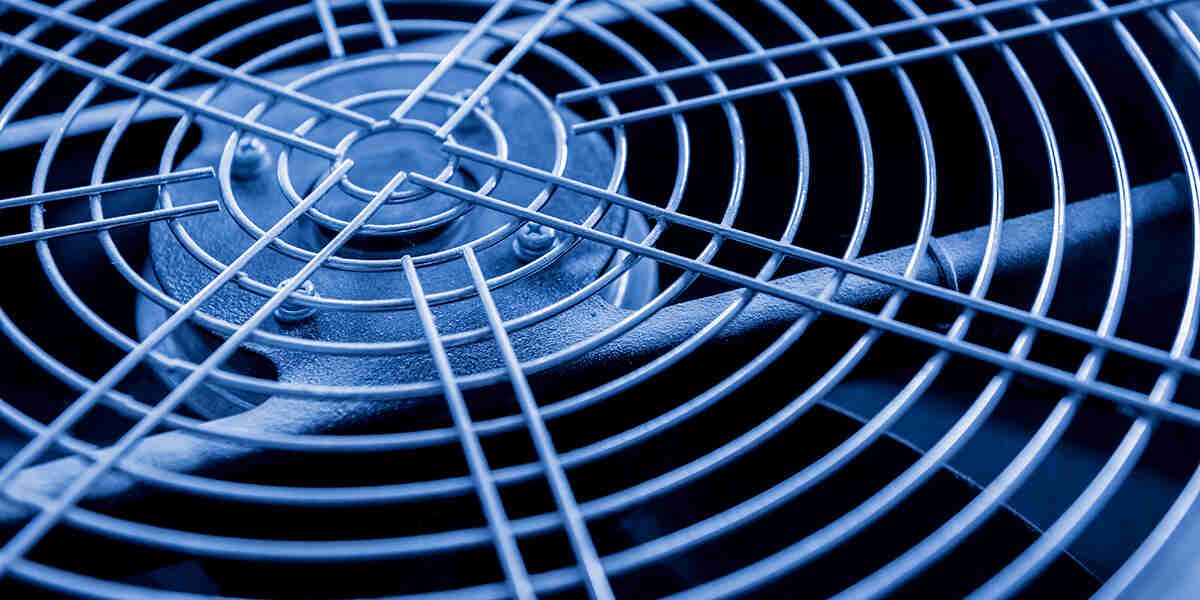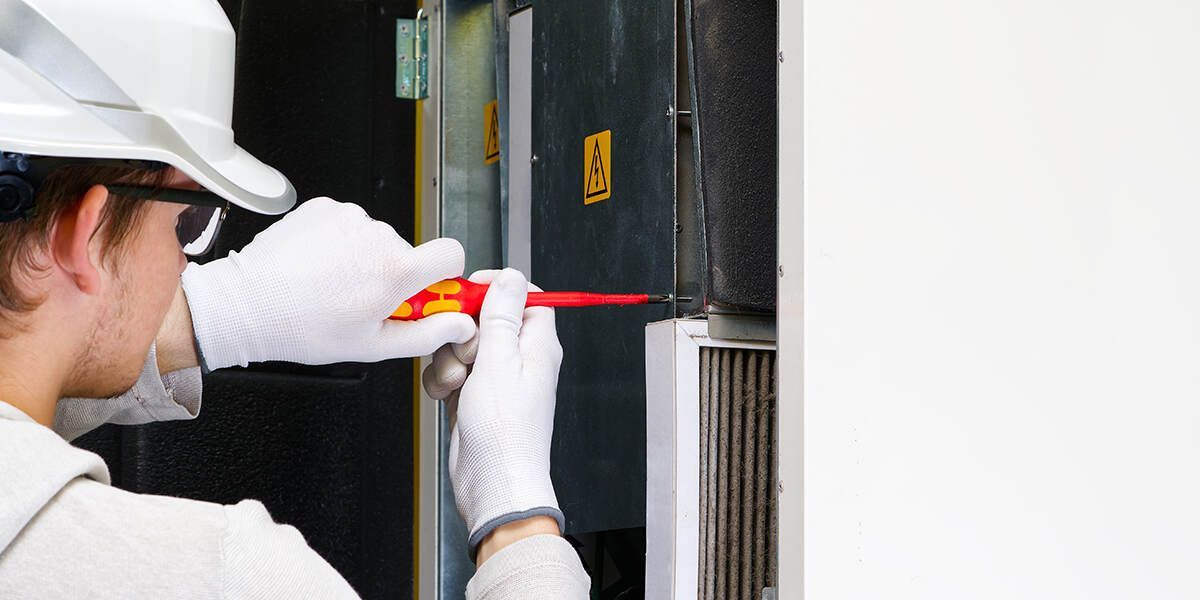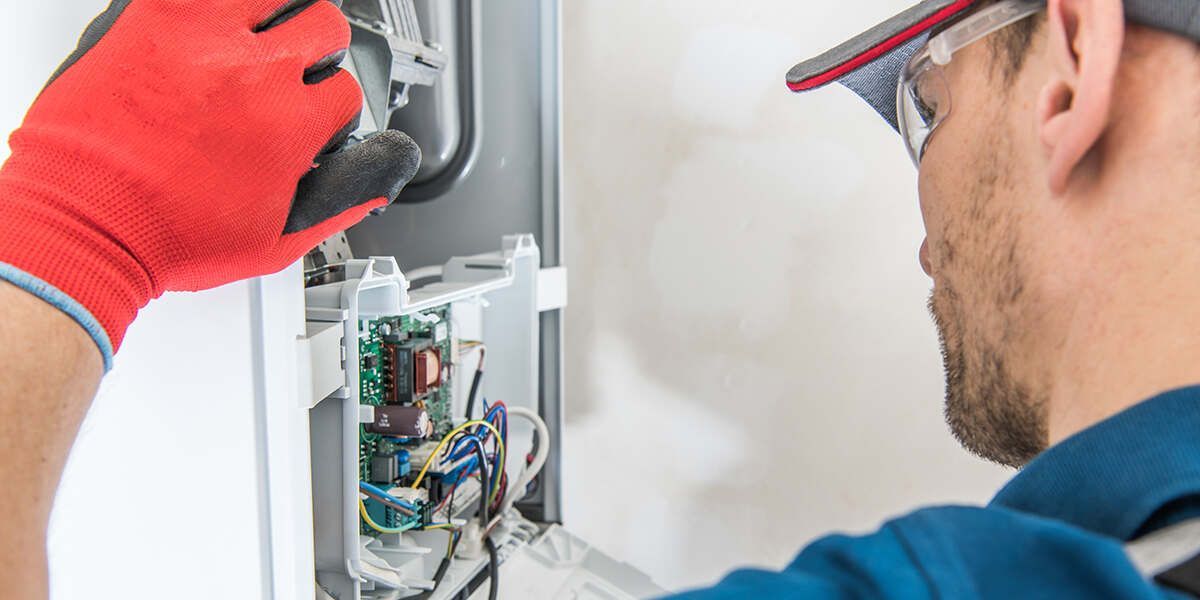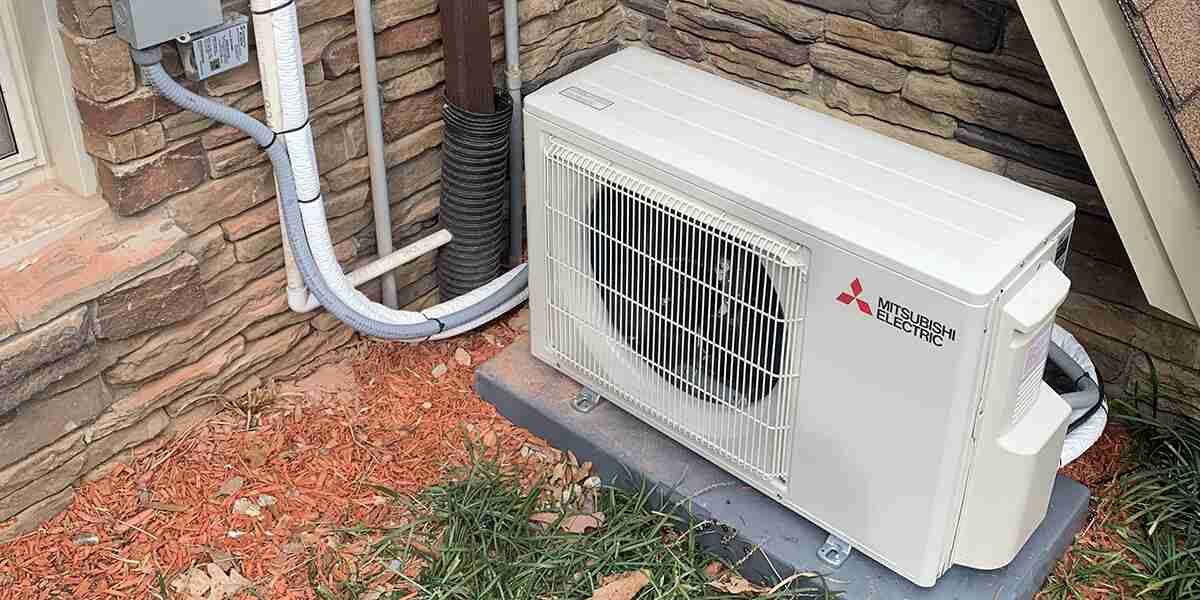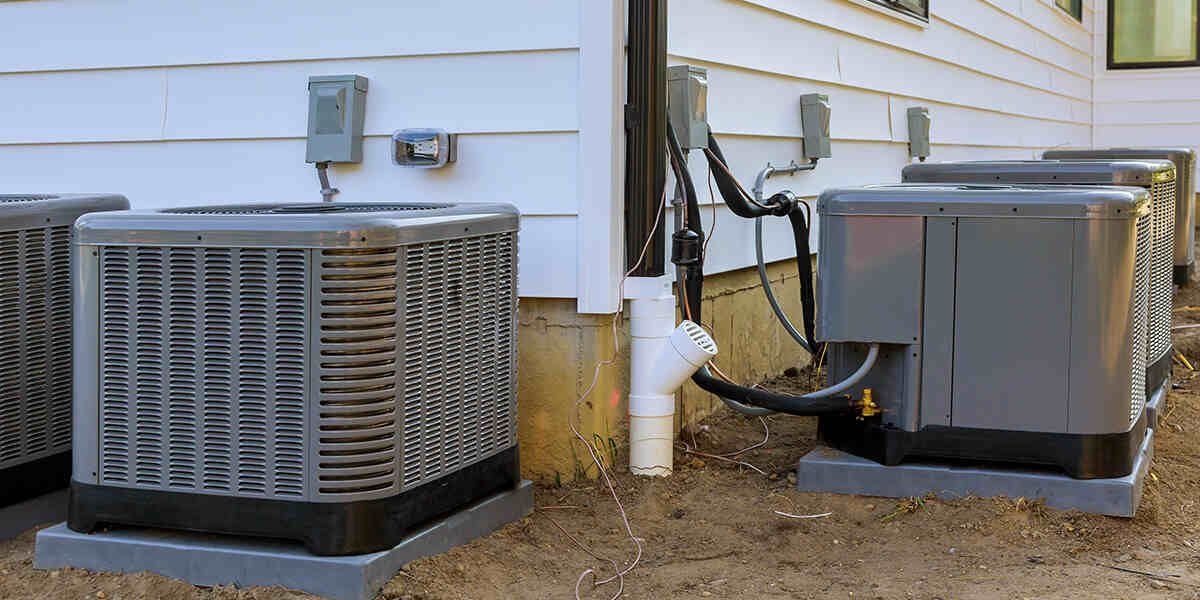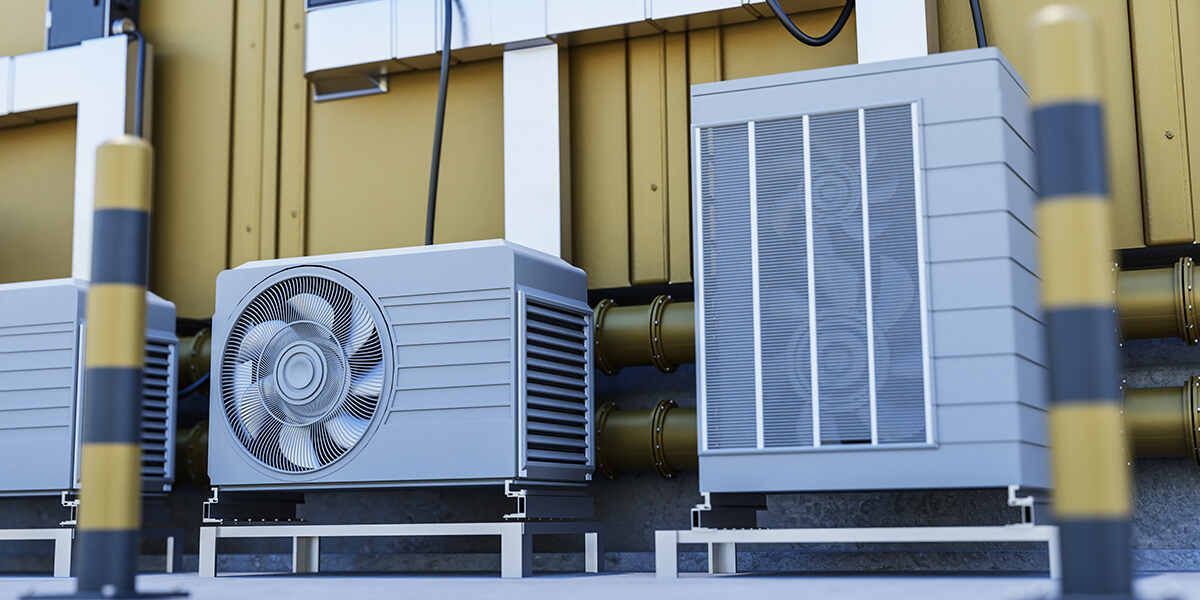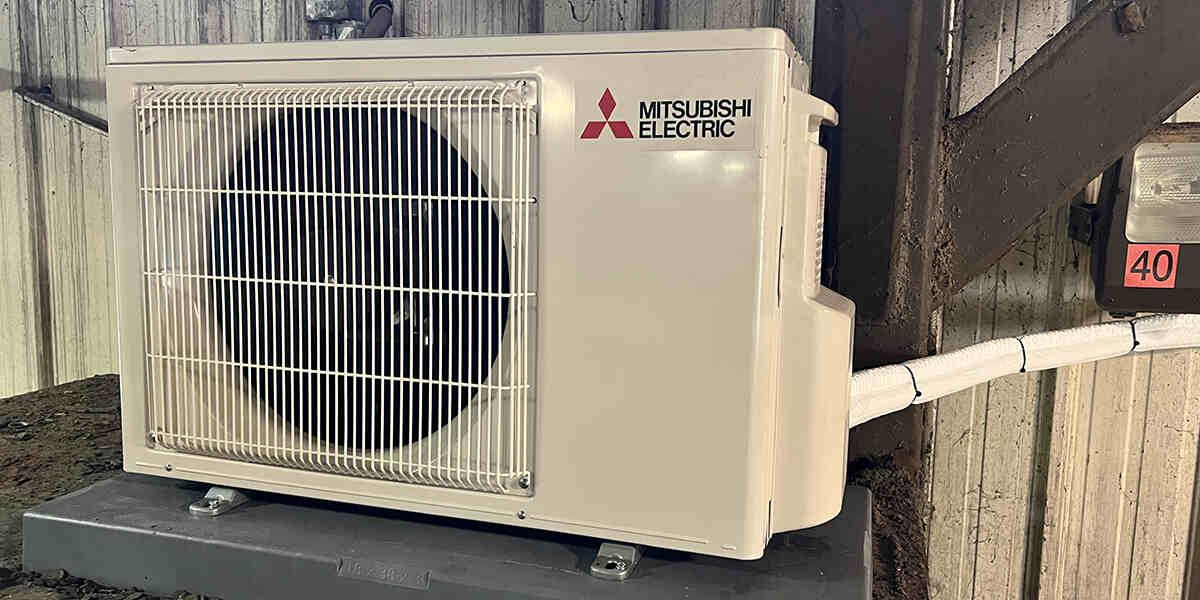What Causes a Heat Pump Not to Heat?
If you rely on an energy-efficient heat pump to cool and heat your home, an unexpected disruption can frustrate and inconvenience you. You may wonder, "What causes a heat pump not to heat?" Several problems could keep your unit from heating your home properly, from dirty air filters to an outdoor system with no power to a bad thermostat.
In this guide, we'll go over the most common reasons why heat pumps don't produce heat and what to do about them. After reading, you can work with Hickory Heating and Cooling LLC to schedule Hickory's professional heat pump repair. Contact us today to book an appointment!
Low Refrigerant Levels
Your HVAC system uses refrigerant to take in and send out heat into your home. When levels are too low, your system will struggle to do the job properly. Since refrigerant levels shouldn't decline over time, low levels indicate you could have a leak. Here's how a professional will resolve it:
- Determine the source of the leak.
- Remove all leftover refrigerant.
- Repair the leaking area.
- Add refrigerant and test the system.
Dirty Air Filters
You might feel surprised to learn that many HVAC and heat pump issues are due to clogged air filters. Although it's such a simple maintenance task, countless homeowners neglect changing their air filters and end up dealing with avoidable problems. You can save yourself time, money, and energy by replacing or cleaning air filters. You can replace your disposal air filter or clean your reusable one, as long as you are consistent with it.
The Wrong Thermostat Settings
You might have your thermostat on the wrong settings, requiring a simple adjustment to fix. If your heat pump is blowing cold air, it's either in defrost mode or has some other issue that requires the assistance of a professional service technician.
The thermostat may also require recalibration or a cleaning if dirt is clogging up the inside. Regardless, calling an expert can provide you with the clearest answer on what's wrong and what to do next.
Lack of Power in the Outdoor Unit
What causes a heat pump not to heat? Impact or damage to your heat pump's outdoor unit is another possible reason why your heat pump won't keep you warm. Check the system for damage, connection issues, and any other major concerns.
If your outdoor unit is frost-coated, you'll also have issues heating up your home. The ice will stop the heat transfer process, so you'll need to try to defrost the system and contact a licensed and experienced HVAC technician. They can help restore your heat pump to its normal state.
Dirty Evaporator Coils
After purchasing or repairing air conditioners and heat pumps, many homeowners don't realize that they'll need to periodically clean areas of the system. Evaporator and condenser coils, in particular, are important to clean. When dirt clogs coils, the process can't be carried out properly. You can try to complete the job yourself or contact an affordable and helpful HVAC professional in your area to get them clean quickly. You should also ensure your unit has enough ventilation without any obstacles around it.
Faulty Reversing Valve
Your heat pump's reversing valve allows you to switch between cooling and heating your property. When this component isn't working properly, your heat pump can't produce the warm air you want. The solution is to call a reliable professional for immediate valve repair or replacement services.
How to Prevent Heat Problems in the Future
One of the best ways to prevent a faulty heat pump is by keeping up maintenance services with an HVAC professional. Booking an appointment with a business you know and trust at least once a year can save you money and time. Your heat pump will also last longer and perform better.
Schedule Heat Pump Repair and Installation Services With Our Hickory HVAC Business
Now that you have a better understanding of, "What causes a heat pump not to heat?" you can take appropriate action to ensure your heat pump is warming your home as you expect. At Hickory Heating and Cooling LLC, we know how to deal with all kinds of common problems like this, including high pressure lockout in heat pumps and more. If you're still having trouble with your heat pump, don't hesitate to give us a call.
Hickory Heating and Cooling LLC proudly presents Hickory, North Carolina. Call us today at
(828) 827-5224 to schedule a consultation! Learn more now.
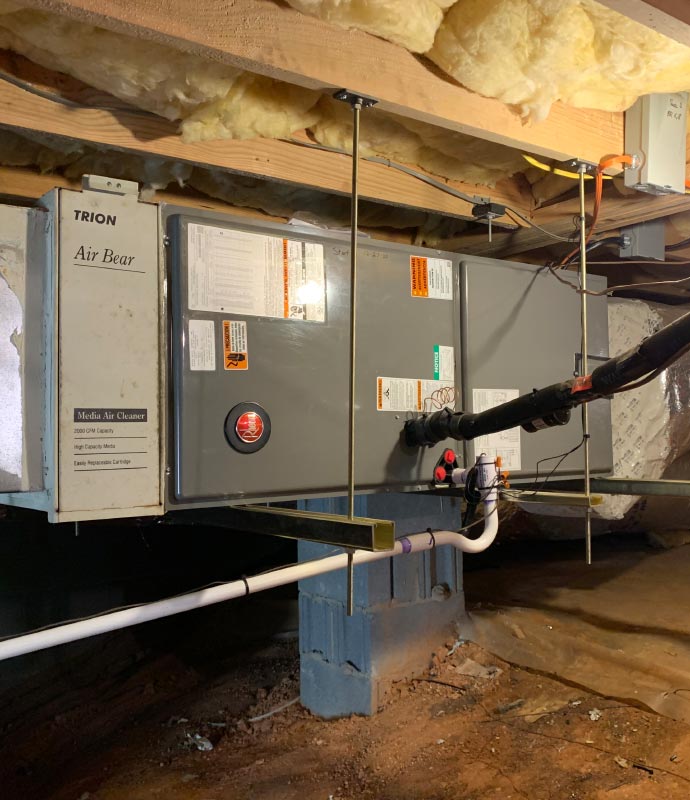
Contact Information
Address: 1529 16th St NE Hickory NC 28601
Phone: (828) 679-1067
Business Hours:
Mon - Fri: 08:00 AM to 05:00 PM
Sat-Sun: Closed
Emergency After Hours Service Available
All Rights Reserved | Hickory Heating and Cooling LLC
